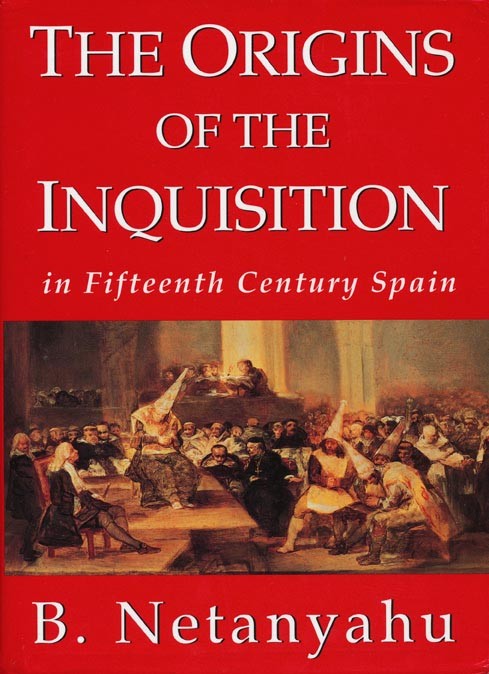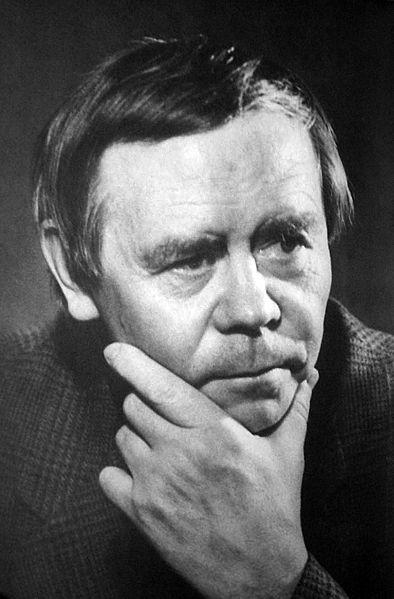Myth and the Russian Pogroms Part 3 – The Jewish Role
We continue our series of essays examining the Russian Pogroms with this essay on the part played by Jews in provoking the disturbances. As stated in Part Two, one of the key problems with existing historiography on the pogroms (and ‘anti-Semitism’ generally) is that these narratives invariably argue that the plight of the Jews was the result of nothing more than irrational hatred. Jews adopt a meek and passive role in this narrative, having committed no wrong-doing other than being Jews. There is no sense of Jewish agency, and one is left with the impression that Jews historically have lacked the capacity to act in the world. In almost every single academic and popular history of the pogroms, the author blindly accepts, or willfully perpetuates, the basic premise that Jews had been hated in the Russian Empire for centuries, that this hatred was irrational and rootless, and that the outbreak of anti-Jewish riots late in the 19thcentury was a ‘knee-jerk’ emotional response to the assassination of the Tsar and some blood libel accusations.
This is of course far from the truth, but the prevalence of this ‘victim paradigm’ plays two significant roles. Firstly, Jewish historiography is saturated with allusions to the “unique” status of Jews, who have suffered a “unique” hatred at the hands of successive generations of Europeans. In essence, it is the notion that Jews stand alone in the world as the quintessential “blameless victim.” To allow for any sense of Jewish agency — any argument that Jews may have in some way contributed to anti-Jewish sentiment — is to harm the perpetuation of this paradigm. In this sense, the ‘victim paradigm’ also contributes heavily to the claim for Jewish uniqueness and, as Norman Finkelstein has pointed out, one can clearly see in many examples of Jewish historiography the tendency to focus not so much on the “suffering of Jews” but rather on the simple fact that “Jews suffered.”[1] As a result, the paradigm offers no place to non-Jewish suffering. Simply put, the ‘victim paradigm’ is a form of secular “chosenness.” This aspect of the narrative is seen, quite rightly, as a useful tool in the here and now. There is perhaps no race on earth which uses its history to justify its actions in the present quite like the Jewish people. From seeking reparations to establishing nation states, Jewish history is one of the foundation stones propping up Jewish international politics in the present. As such, Jewish history is carefully constructed and fiercely defended. The interplay between Jewish history and contemporary Jewish politics is plain to see — I need only make reference to the terms “revisionist” and “denier” to conjure up images of puppet trials and prison cells.
Secondly, the omission of the Jewish contribution to the development of anti-Semitism (be it in a village setting or a national setting), leaves the spotlight burning all the more ferociously on the ‘aggressor.’ Within this context, the blameless victim is free to make the most ghastly accusations, basking in the assurance that his own role, and by extension his own character, is unimpeachable. The word of this untainted, unique, blameless victim is taken as fact — to doubt his account is to be in league with the ‘aggressor.’ In Part Two we explored the manner in which the RJC took full advantage of this construct to purvey appalling, and unfounded, atrocity stories. More generally, exaggerated tales of brutality by non-Jews are commonplace in Jewish literature and historiography, and go hand in hand with images of dove-like Jews. For example, Finkelstein has pointed to Jerzy Kosinski’s The Painted Bird, a work now widely acknowledged as “the first major Holocaust hoax,” as an example of this “pornography of violence.”[2] The twin concepts of Jewish blamelessness and extreme Gentile brutality are inextricably bound up together, and supporters of one strand of the ‘victim paradigm’ are invariably supporters of the other. Take for example that high priest of Jewish chosenness, Elie Wiesel, who praised Kosinki’s pastiche of sadomasochistic fantasies as “written with deep sincerity and sensitivity.”[3] Read more







